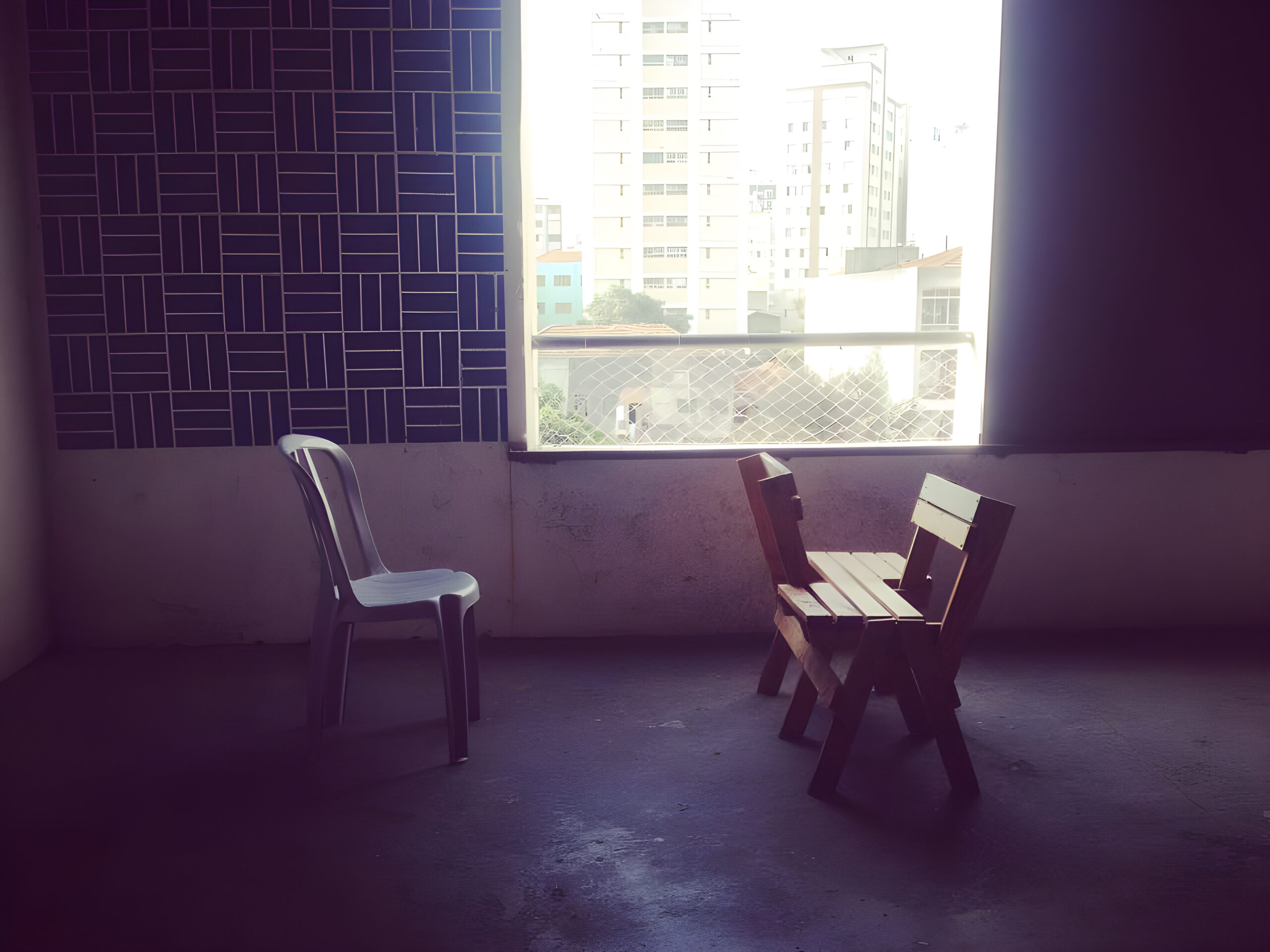Between May 29 and June 1, Raluca Soreanu and Julianna Pusztai will take part in the ISFN conference held in São Paulo, Brazil, on the theme ‘Psychoanalysis between Catastrophe and Creation: Emerging Perspectives’, and they will present their papers to an international audience.
The conference
Ours is a time of trauma. After centuries of destruction through slavery, war and genocide, there is rising nationalism, fear, and hatred, mixed with violence, all around the world. Existential threats — climate change, ecological disasters, and the pandemic — intensify inequality, racism, fanaticism, terrorism, and worse. Sándor Ferenczi’s contributions are exceptionally helpful in our understanding of current global challenges.
Throughout his working life, Ferenczi consistently showed deep understanding of the complex and traumatizing dynamics of power and human vulnerability. The differences between healing words and traumatizing words are envisioned in Ferenczi’s concept of the confusion of languages. His expressive and evocative constructs of care, the language of tenderness, recognizes the dignity and the humanity of the vulnerable other, and, thus, favors generating meaning for a more creative existence. His language of passion describes the toxicity of an authoritarian narrative and the traumatic denial through which words can wound and humiliate the vulnerable. A culture catastrophically harmed by toxic words must relearn or learn anew the language of tenderness, empathy, and recognition, in order to address integration, inclusion and sensitivity, the experience of moving forward, and a chance to heal.
We suggest that Ferenczi’s clinical work includes social and political dialogues about trauma and its treatment as part of the many ways of connecting with others. His notions of disavowal, fragmentation, identification with the aggressor, as well as his progressive clinical work in responding to traumatic experiences reflect contemporary egalitarian ideals and enhance our capacity to think and act with others.
The 14th International Sándor Ferenczi Conference in São Paulo, Brazil, will bring together clinicians, scholars, researchers, students, and colleagues from other fields of knowledge for open, and collegial discussions. We ask how psychoanalysis may add to our capacity to think about the disruptive social, personal, political, environmental, and clinical situations that we are facing today.
The conference is organised around four themes:
- Emerging from Catastrophes. Social and Environmental Transformations.
- The Clinical and the Sociopolitical. Challenges for Psychoanalysis in Times of Trauma.
- Fragmentation and its Consequences on Psychic Life.
- Confusion of Tongues. Tenderness, Trauma and Toxicity.
The presentations
In the conference Raluca Soreanu will be in dialogue with Endre Koritar and Marina Ribeiro on the theme ‘Working-through Collective Wounds’. The panel is a reappraisal of Raluca Soreanu’s book on collective trauma and collective creativity (Working-through Collective Wounds: Trauma, Denial, Recognition in the Brazilian Uprising, Palgrave, 2018). In her presentation, Raluca Soreanu will engage questions such as: Are crowds capable of mourning or working-through political traumas? What is the psychic work involved in public morning and how can make we make sense of new political symbols that emerge in ample scenes of protest? She will discuss the symbolising crowd, and the idea of Orphic socialities.
Julianna Pusztai will be part of a debate panel, where she will present the paper ‘Psychoanalysis as a Renewable Organ: Can Solidarity Act as a Formative Force?’. In this paper, Julianna Pusztai will explore how psychoanalytic institutions can undergo renewal amidst diverse layers of authority and power structures within and beyond clinical settings.
Taking inspiration from the Ferenczian approach, Julianna Pusztai will delve into the historical and contemporary aspects of psychoanalysis, focusing on the rise of radical practices in response to escalating political tensions, climate challenges, and global crises. As part of the FREEPSY multidisciplinary research collective, she draws on the evolution of free psychoanalytic clinics in the UK, emphasising their political underpinnings and their role in challenging the social oppression that may be inherent in traditional clinical settings.
Find more information about the Conference, including the full programme, here.


